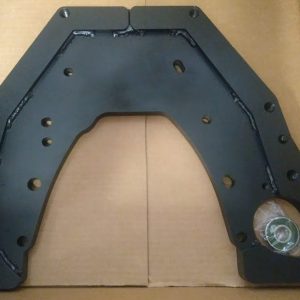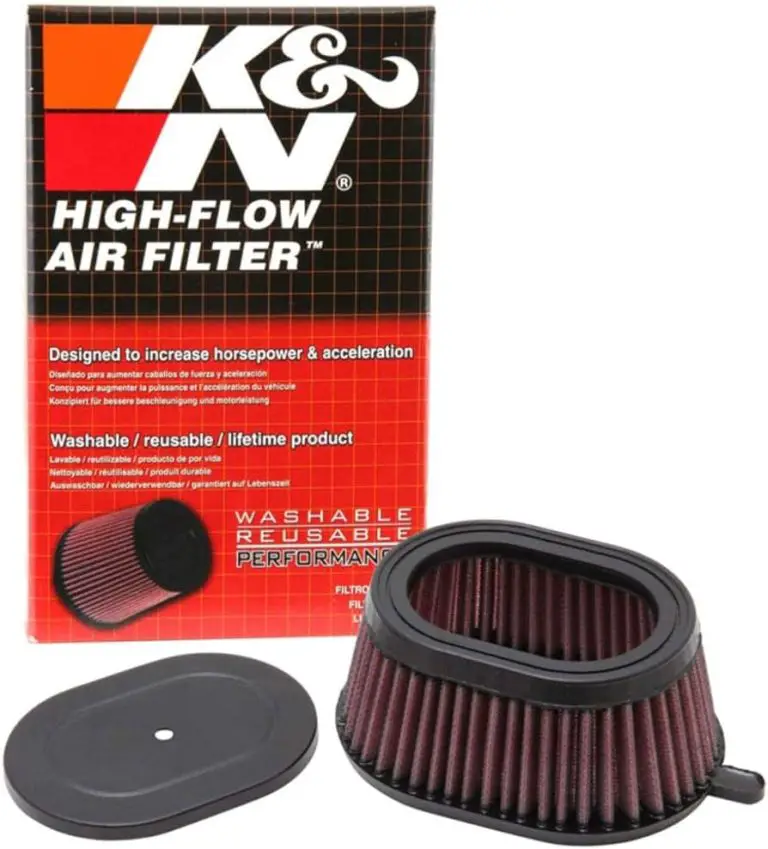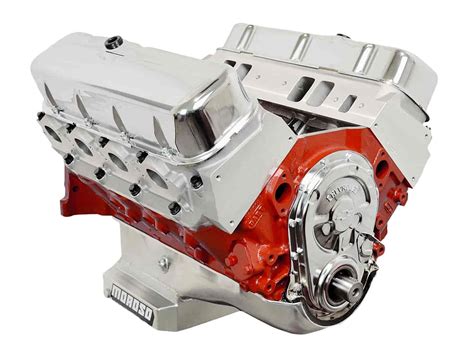Catalytic Converter Check Engine Light: Causes and Solutions
The Catalytic Converter Check Engine Light is a common issue that drivers encounter and can lead to a decrease in fuel economy and engine performance. It is unsafe to drive a car with a faulty catalytic converter, as it can affect your vehicle mileage and other parts of the exhaust system.
Recognizing the signs of a broken catalytic converter and getting it replaced quickly is important. Symptoms of a clogged catalytic converter include sluggish engine performance, reduced acceleration, a smell of rotten eggs or sulfur from the exhaust, dark exhaust smoke, and extreme heat coming from under the vehicle.
It is recommended to have your vehicle checked by a professional if you notice these symptoms.
Causes Of Check Engine Light
A failing catalytic converter can trigger the check engine light, causing symptoms like sluggish engine performance and reduced acceleration. It is crucial to address this issue promptly to prevent further damage and maintain fuel efficiency.
Clogged Catalytic Converter
If you are experiencing a check engine light, one potential cause could be a clogged catalytic converter. The catalytic converter plays a crucial role in reducing harmful emissions and converting them into less harmful gases. However, over time, the converter can become clogged with debris, restricting exhaust flow and causing the check engine light to come on.
Some common signs of a clogged catalytic converter include reduced engine performance, decreased acceleration, a sulfur odor coming from the exhaust, dark exhaust smoke, and excessive heat under the vehicle. If you notice any of these symptoms, it is important to have your catalytic converter checked by a professional.
Faulty Oxygen Sensors
Another common cause of a check engine light is faulty oxygen sensors. Oxygen sensors are responsible for measuring the amount of oxygen in the exhaust gases and providing feedback to the engine control module. This information is used to adjust the air-fuel mixture for optimal combustion.
When oxygen sensors fail, they can send incorrect readings to the engine control module, leading to a check engine light. Additionally, a faulty oxygen sensor can adversely affect fuel efficiency, engine performance, and emissions.
Exhaust System Leaks
Exhaust system leaks can also trigger a check engine light. Leaks can occur in various parts of the exhaust system, such as the exhaust manifold, muffler, or exhaust pipes. These leaks can allow unfiltered exhaust gases to escape before reaching the catalytic converter, causing the check engine light to illuminate.
Some signs of exhaust system leaks include a loud hissing or popping noise, a noticeable decrease in exhaust noise, and a distinct smell of exhaust fumes inside the vehicle. It is important to address exhaust system leaks promptly to prevent further damage to the vehicle and to ensure that the engine is operating efficiently.
Symptoms Of Catalytic Converter Issues
If you’re experiencing sluggish engine performance, reduced acceleration, a strong sulfur odor from the exhaust, dark exhaust smoke, or excessive heat from under the vehicle, these are symptoms of potential catalytic converter issues. It’s important to address these issues promptly to avoid further damage and ensure optimal engine performance.
Sluggish Engine Performance
If you’re experiencing sluggish engine performance, it could be a sign of a clogged catalytic converter. When the converter fails to function properly, it restricts the flow of exhaust gases, leading to decreased power and acceleration. You may notice that your vehicle has difficulty reaching high speeds or struggles to maintain a consistent speed. This can have a significant impact on your driving experience, making it crucial to address the issue promptly.
Rotten Egg Smell From Exhaust
A rotten egg smell coming from your vehicle’s exhaust is a tell-tale sign of catalytic converter problems. This odor is caused by the presence of sulfur in the exhaust gases. When the converter becomes clogged or fails to convert the sulfur properly, it creates the distinctive smell. Not only is this smell unpleasant, but it also indicates a potentially hazardous situation. It’s essential to have your catalytic converter checked and repaired to ensure the proper functioning of your vehicle and reduce any health risks.
Dark Exhaust Smoke
Dark exhaust smoke is another symptom that may indicate issues with your catalytic converter. When the converter is clogged or damaged, it prevents the efficient conversion of exhaust gases, leading to excessive fuel combustion. This can result in the production of dark or black smoke from your vehicle’s tailpipe. Not only does this signal a problem with your emissions system, but it can also have detrimental effects on the environment. Addressing this issue promptly is crucial to ensure the optimal performance of your vehicle and reduce harmful emissions.
Consequences Of Ignoring Catalytic Converter Problems
Decreased Fuel Economy
Continuing to drive with a faulty catalytic converter can lead to a noticeable reduction in fuel efficiency.
Engine Performance Issues
Ignoring catalytic converter issues may result in poor engine performance, such as sluggish acceleration.
Environmental Impact
Unaddressed catalytic converter problems can contribute to harmful emissions, impacting the environment negatively.

Credit: www.amazon.com
Solutions For Check Engine Light Due To Catalytic Converter
Solutions for Check Engine Light due to Catalytic Converter
Professional Inspection
If your check engine light is indicating a problem with the catalytic converter, it is essential to seek a professional inspection to accurately diagnose the issue. A skilled technician can use diagnostic tools to determine the specific cause of the catalytic converter malfunction, ensuring the appropriate solution is implemented.
Catalytic Converter Cleaners
Using catalytic converter cleaners can help remove deposits and improve the converter’s efficiency. These cleaners work by breaking down carbon deposits, restoring proper function to the catalytic converter. It is important to use a reputable cleaner specifically designed for catalytic converters and follow the manufacturer’s instructions for optimal results.
Replacement Of Catalytic Converter
If the catalytic converter is severely damaged or clogged beyond repair, replacing it may be the only viable solution. A new catalytic converter can restore the vehicle’s emissions control system to proper working order, ensuring compliance with environmental regulations and optimal engine performance.
Driving With A Faulty Catalytic Converter
If you’re driving with a faulty catalytic converter and the check engine light is on, it’s important to address the issue promptly. Continuing to drive with a malfunctioning catalytic converter can lead to decreased engine performance and fuel economy. Get it repaired as soon as possible to avoid further damage.
Driving with a Faulty Catalytic Converter Safety Concerns Driving with a damaged catalytic converter poses significant safety concerns. A malfunctioning catalytic converter can lead to engine performance issues, reduced acceleration, and potentially hazardous exhaust emissions. Additionally, the excessive heat generated by a faulty catalytic converter can pose a fire hazard. It is crucial to address any issues with the catalytic converter promptly to ensure the safety of both the vehicle occupants and the environment. Effects on Vehicle Mileage A faulty catalytic converter can have detrimental effects on a vehicle’s mileage. The engine may exhibit sluggish performance, leading to decreased fuel efficiency and higher fuel consumption. This can result in increased operational costs and a negative impact on the overall driving experience. Addressing catalytic converter issues promptly can help maintain optimal vehicle mileage and performance. Importance of Timely Replacement Timely replacement of a faulty catalytic converter is crucial for maintaining the overall health and functionality of the vehicle. Ignoring issues with the catalytic converter can lead to more extensive damage to the exhaust system and other engine components. Additionally, prolonged driving with a malfunctioning catalytic converter can result in increased emissions, contributing to environmental pollution. Prompt replacement of a faulty catalytic converter is essential to ensure the vehicle’s optimal performance, environmental responsibility, and overall safety.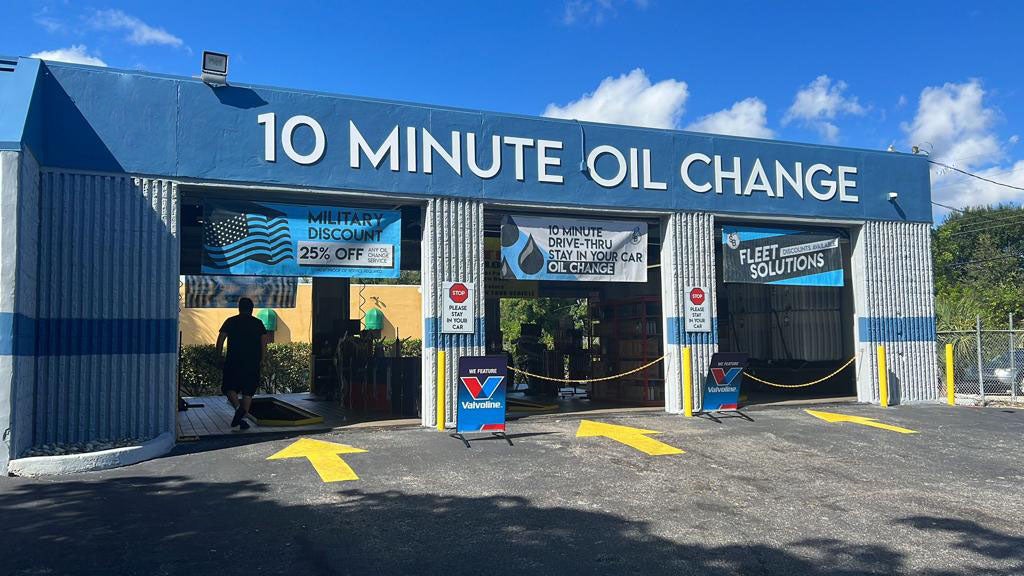
Credit: sboilchange.com
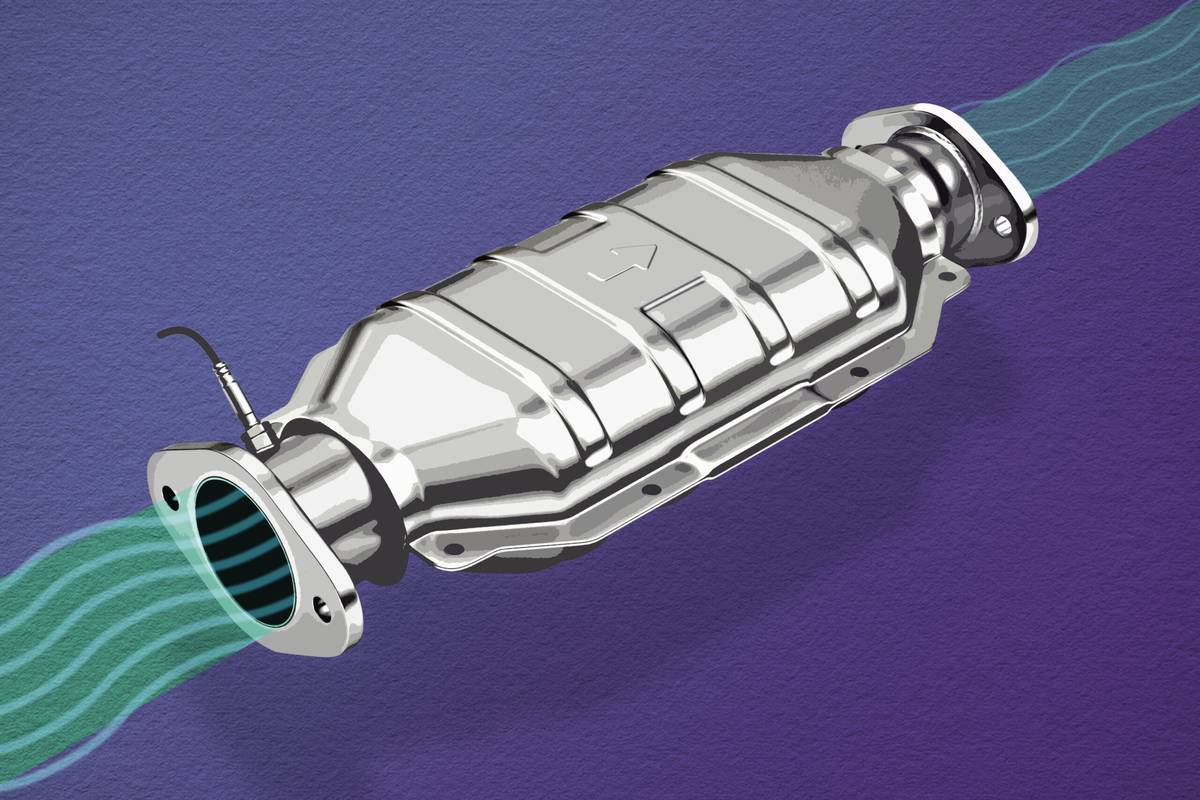
Credit: www.cars.com
Frequently Asked Questions Of Catalytic Converter Check Engine Light
Can I Drive With Catalytic Converter Warning Light On?
Driving with a catalytic converter warning light on is NOT safe. It can harm the car and environment.
How Much Does It Cost To Fix A Check Engine Light On A Catalytic Converter?
The cost to fix a check engine light on a catalytic converter varies, but it can range from $200 to $2,000.
Can You Drive With A Bad Catalytic Converter?
You should not drive with a bad catalytic converter as it can be unsafe and harm the environment. It also impacts vehicle performance and mileage. It’s important to recognize the signs of a faulty converter and get it replaced promptly.
What Are The Symptoms Of A Bad Catalytic Converter?
Bad catalytic converter symptoms include sluggish engine, reduced acceleration, rotten egg smell, dark exhaust smoke, and excessive heat under the car.
Conclusion
Addressing a catalytic converter check engine light is crucial for vehicle safety and performance. Ignoring the issue can lead to environmental hazards, reduced mileage, and engine damage. Recognizing symptoms early and taking prompt action is key to maintaining a well-functioning catalytic converter.
Consult a professional for proper diagnosis and repair.


